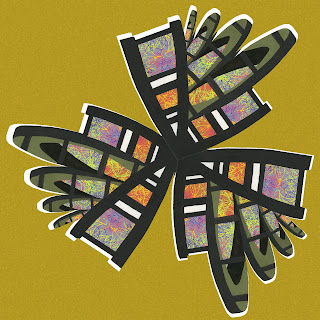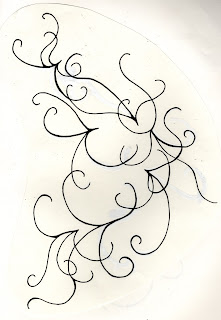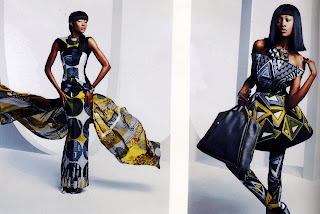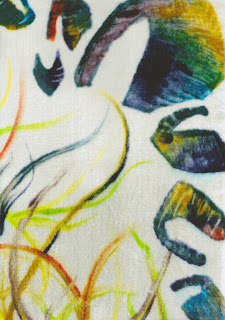D - EVOLUTION
First world
modern society has had a major impact on planet Earth. As time passes, our
‘disconnection’ with nature is increasingly changing our everyday life. I
intend to design fashion garments that raise globalization awareness and our
responsibilities towards the planet. I will do this by using photography as an
inspirational tool to reveal the connection between our urban and natural
environment, as well as using materials and techniques that cause as little impact
on the earth as possible.
During last year
I experimented with digital and traditional printing techniques which allowed
me to recognise the various advantages and disadvantages of each method. Although
digital printing doesn’t come with any waste, it can look too sterile, as it is
without the possibility of ‘happy accidents’ caused by experimentation and can be
very expensive. At this point both methods have their benefits and possibly I
will apply a combination of both.
Generally, I
would like to improve my skills in Photoshop which would increase my capabilities
for the future by allowing me to work with other fields of design not just textile
related projects. By using digital prints I can produce designs and establish my
own company without the expense of setting up a full print studio from the very
beginning.
I gather my
source materials from charity shops and discarded second-hand items.
‘Upcycling’ is one of the most environmentally friendly ways of production, as
it reduces textile waste, saves the water and energy used for the manufacture
of raw materials, and supports a good cause. It is also cost effective, as I
discovered during my research there is a real need for quality, affordable,
sustainable clothing. There are several companies dealing in upcycled fashion
by reconstructing existing pieces or putting existing patterned fabrics
together. However, very few produce reprinted garments and those that do
produce mostly T-shirts. In reported articles, the majority of consumers
believe the only eco-friendly clothing currently available is organic cotton
T-shirts which they found to be unfitted, rough to the touch, restricted in
different styles and colours, and often described as ‘made for hippies’. I am
looking for soft, plain materials such as silk, wool and cotton to print my
designs onto and re-construct them into one-off fashion pieces. This allows me the
opportunity to use unwanted domestic fabrics as well as clothing.
In my design
work I combine elements of nature and the urban landscape which sets up a
contrast further developed by using different styles and colour combinations. I
would like to capture the hidden nature of flora in the urban landscape and encourage
people to realise the beauty and energy of plants. With this message I aim to
reconnect individuals with the nature that we are in danger of losing and to improve
their mood and wellbeing.
Inspiration Boards
Final Designs
Next semester I will start experimenting with the second hand materials I found so far and also collect more of them. Can't wait to start producing actual fabric samples again. See you soon!



























































